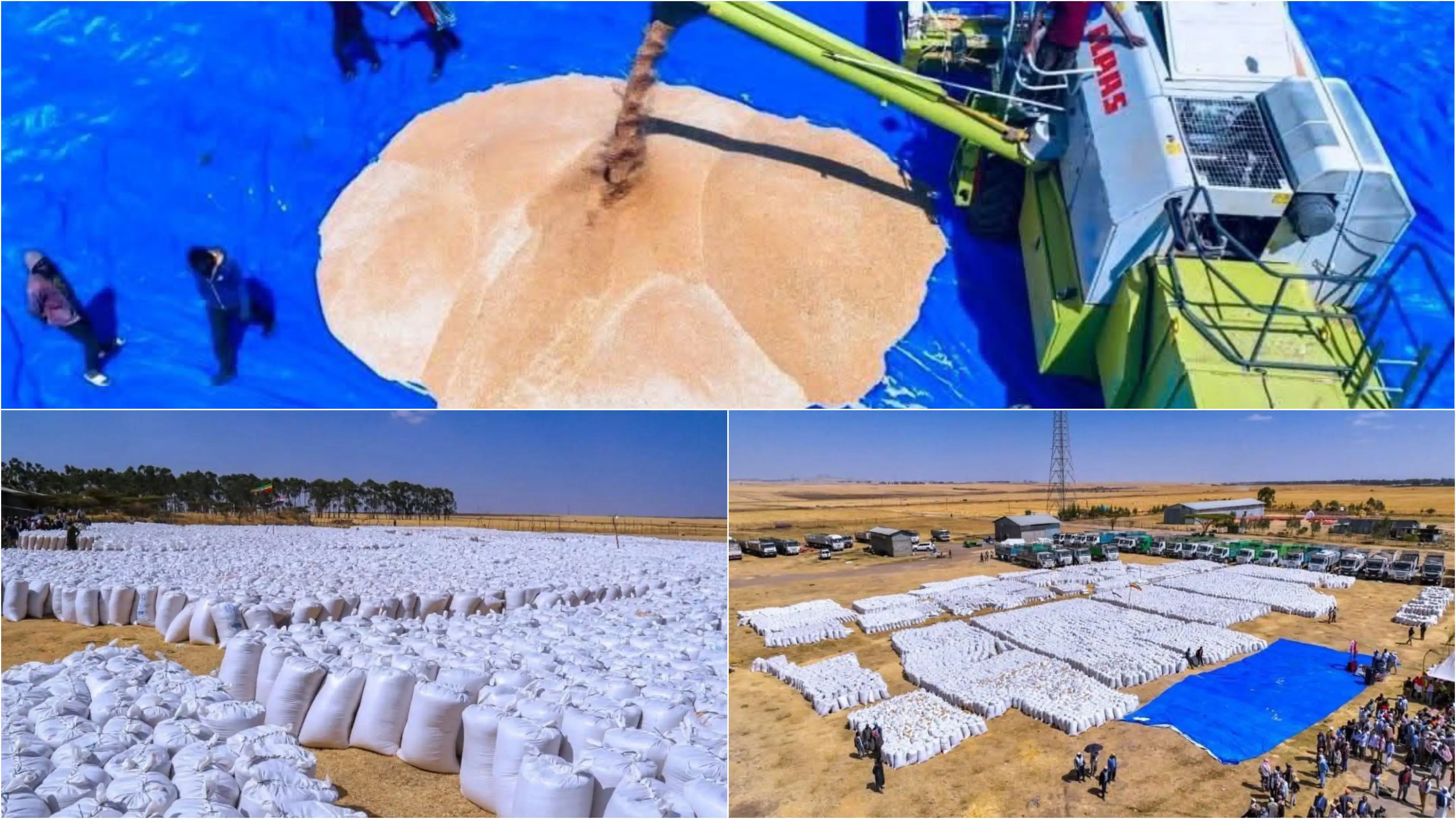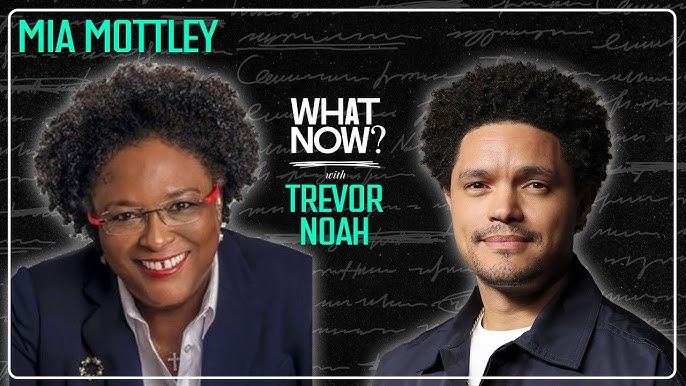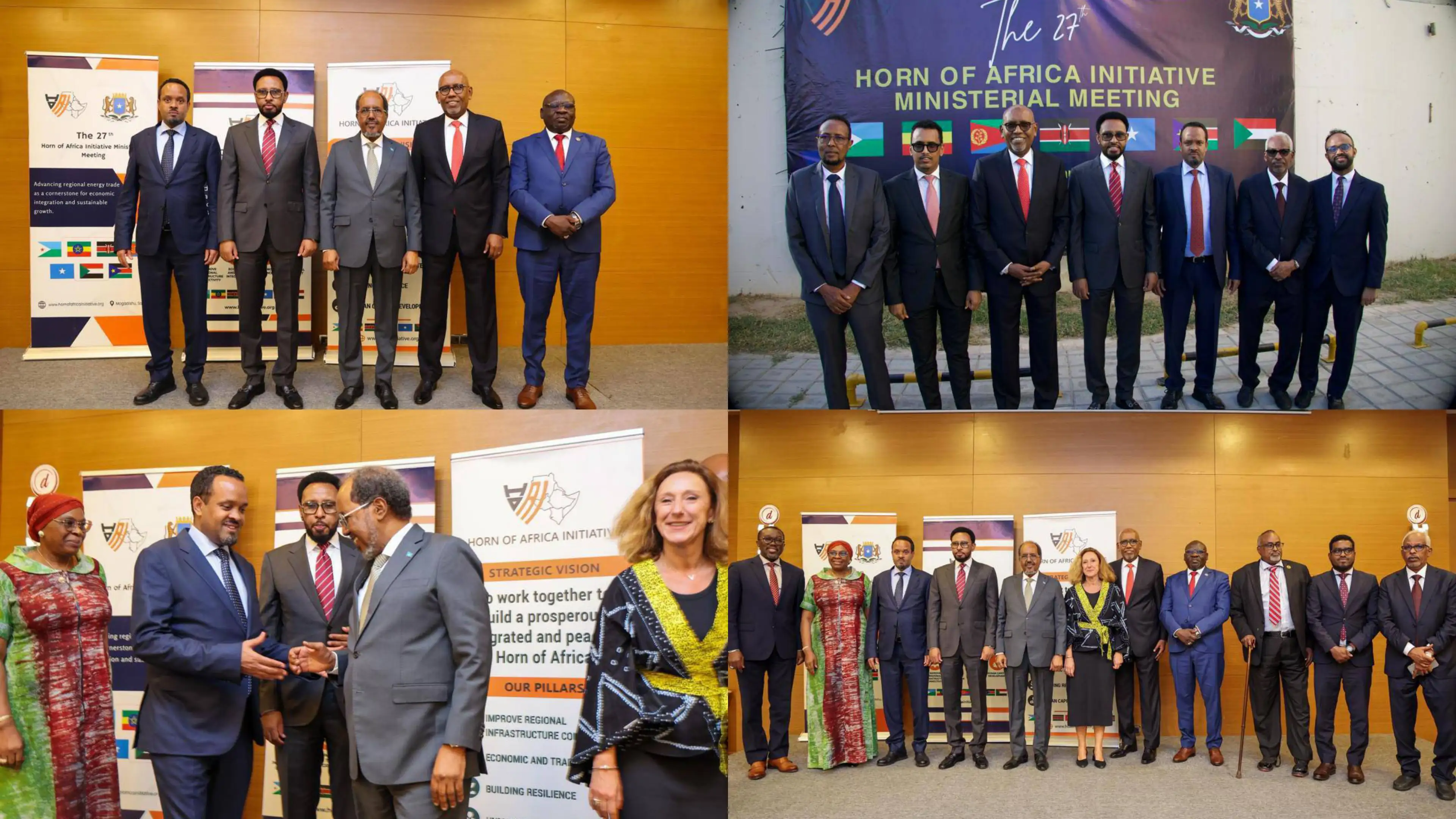Economist Dr. Konstantinos Berhetesfa asserts that the national vision detailed in the book "The Medemer Government Book" extends beyond Ethiopia's borders, carrying potential benefits for other nations. Dr. Konstantinos pointed out that Ethiopia possesses vast latent resources, including youth potential, water resources, arable land, and minerals that haven't been utilized properly. He attributes this to a major challenge in Africa: bypassing industrialization to move directly from an agrarian, post-colonial economy to a service economy. This reliance on a service industry, which often favors importing over domestic production, results in high costs and a decline in locally manufactured goods. The economist explained that Medemer provides an extensive strategy for change, emphasizing public participation and creating development frameworks rooted in the people's culture. He stressed that to solve current problems, development must be inclusive, organized, and driven by the people as the main actors.
Peace and development researcher Dr. Roba Petros also weighed in, highlighting the book's deep focus on Ethiopia's history as a source of civilization that spans centuries. Dr. Roba declared that Ethiopia is the owner of civilization, a nation "awakened before the world," and a country that taught the world how to farm and eat. He noted that the book observes a stumbling block in the current generation's civilizational progress, characterized by a lack of speed and innovation. Instead of focusing on work, the generation is preoccupied with internal disputes, leading to disintegration. He suggested the Medemer path urges reflection on why past problems weren't solved, arguing that many attempted solutions themselves were problem-generating. Dr. Roba concluded that to overcome these issues, the nation must adopt ideas that rise above the challenges, drawing knowledge and truth from its history to instill it in the next generation and build a new national narrative.




